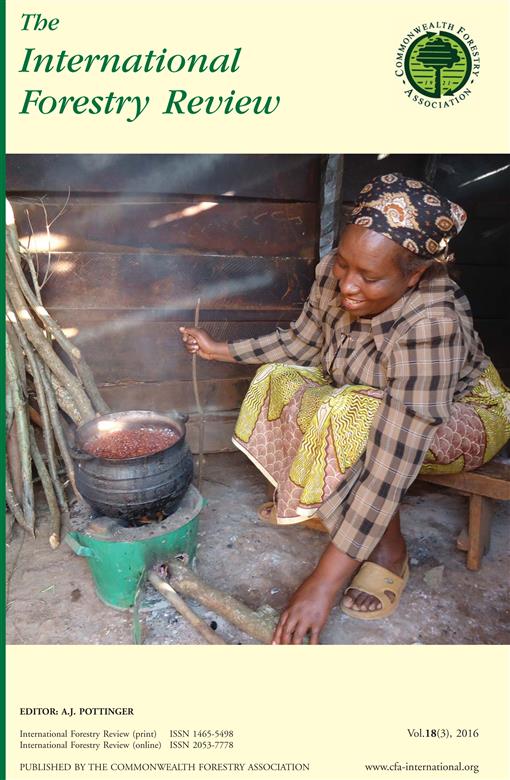The problem of food insecurity is growing, triggering global debates on the gap in understanding alternative ways of accessing foods, including those from forestlands. This paper aims to address this gap by demonstrating a variety of ways in which forests carry the potential to contribute to food security, drawing on the case study of community based forest management in Nepal. It shows that forests not only complement farms in providing foods in critical periods, but also provide an important platform for collective actions, which have the potential to enhance smallholders' entitlement to food. The paper, then, identifies barriers in the current policy framework to capitalize on the potential of forests to enhance food security. An important implication of this finding is that there is an urgent need to reframe forest governance to incorporate food security concerns, without necessarily compromising forests' role in biodiversity conservation.
How to translate text using browser tools
1 September 2016
Edible Forest? Rethinking Nepal's Forest Governance in the Era of Food Insecurity
J. Adhikari,
H. Ojha,
B. Bhattarai
ACCESS THE FULL ARTICLE

International Forestry Review
Vol. 18 • No. 3
September 2016
Vol. 18 • No. 3
September 2016
agriculture
food security
forest
forest policies
governance




